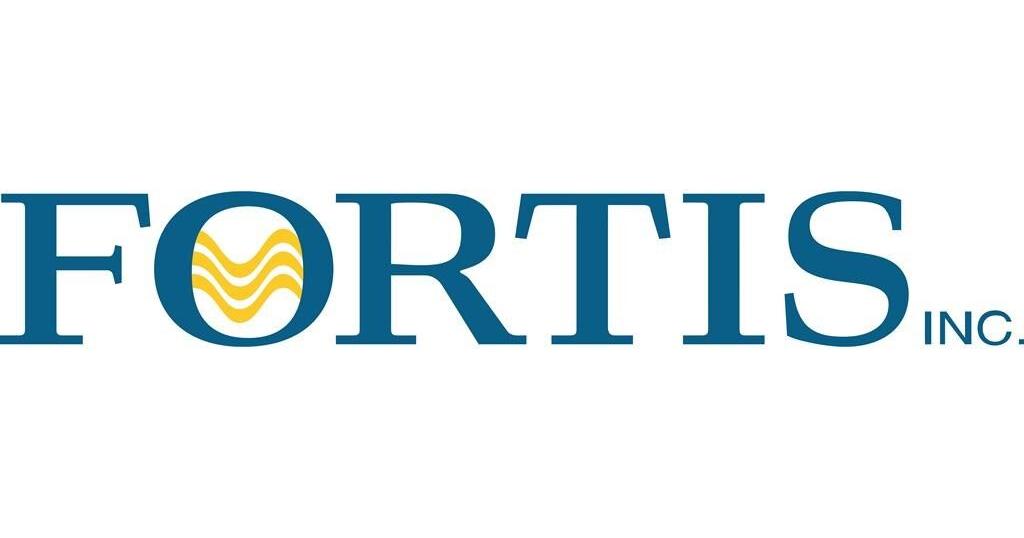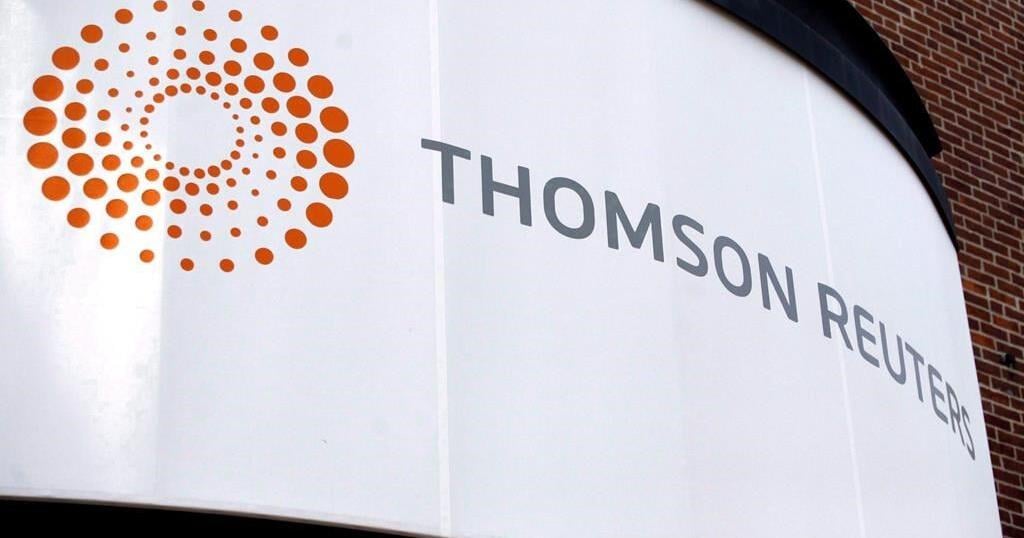Alberta Premier Jason Kenney speaks to media in Calgary on Tuesday, February 11, 2020. Jim Wells/Postmedia
Less than a week before the federal government’s deadline to determine the future of a $20.6-billion oilsands project in northern Alberta, Teck Resources Ltd., the company behind the project, has withdrawn its application.
Earlier in the day, the Athabasca Chipewyan First Nation (ACFN) reached an agreement with the province on several environmental areas of concern. That agreement meant that all 14 affected First Nations and Métis organizations in the area had granted their support for the project that would have been about 110 kilometres north of Fort McMurray and would have covered roughly 10,000 hectares of the boreal forest.
But just hours after sharing the news of the agreement, ACFN Chief Allan Adam was shocked to hear of Teck’s decision.
“It’s a shame, because we worked so hard with the province and did everything we can to make sure the project was going to get the green light,” he said Sunday night. “To me, it’s shocking news . . . What went wrong?”
Sunday evening, Teck CEO Don Lindsay released a statement sent to federal Environment and Climate Change Minister Johnathan Wilkinson, stating the Vancouver-based company’s desire to “withdraw our regulatory application for the Frontier oilsands project from the federal environmental assessment process.”
“It is now evident that there is no constructive path forward for the project,” he wrote.

Teck Resources CEO Don Lindsay
Carla Gottgens /
Bloomberg
“The promise of Canada’s potential will not be realized until governments can reach agreement around how climate policy considerations will be addressed in the context of future responsible energy sector development.
“Without clarity on this critical question, the situation that has faced Frontier will be faced by future projects and it will be very difficult to attract future investment, either domestic or foreign.”
ACFN had previously reached deals with Teck Resources Ltd. for the Frontier mine in 2018, but at the time were still negotiating with the province over environmental and cultural concerns.
The project would have created an estimated 7,000 construction jobs, 2,500 operating jobs and about $12 billion in federal income and capital taxes. But it was also expected to produce about four megatonnes of greenhouse gas emissions per year over 40 years.
As a result of the decision, Teck will write down the $1.13-billion carrying value of the Frontier Project.
Despite his disappointment, Adam said he’s pleased with how the process went overall.
“You have to give Teck a hand because they did everything right in regards to mitigating their project with ACFN,” he said. “We never had any oil company do what Teck has done and it’s too bad if they do pull their application but we can’t do anything about it.”
In a statement, Premier Jason Kenney called the decision “a grave disappointment to Albertans,” in particular to the two First Nations who in the past 48 hours had reached agreements with the province in regards to the project.
“The Mikisew Cree First Nation and the Athabasca Chipewyan First Nation both signed historic agreements with the Government of Alberta, which would have made them partners in the prosperity of the Frontier project, bringing hundreds of jobs and tens of millions of dollars to their remote communities,” Kenney said.
“The factors that led to today’s decision further weaken national unity. The Government of Alberta agreed to every request and condition raised by the federal government for approving the Frontier project, including protecting bison and caribou habitat, regulation of oilsands emissions and securing full Indigenous support,” he continued. “The Government of Alberta repeatedly asked what more we could do to smooth the approval process. We did our part, but the federal government’s inability to convey a clear or unified position let us, and Teck, down.”
Municipal and industry leaders in Alberta were stunned by the news.
“It’s going to be real blow to the region,” said Fort McMurray Mayor Don Scott. “It was going to be a catalyst for the future.”
Scott hopes the prime minister and premier reach out to Teck to see if there’s any way the venture can be revived. But if the project doesn’t proceed, it’s not sending a positive message to investors, he noted.
“If not this project, then what project could possibly be approved? This one, they had worked so hard to get approvals and Indigenous agreements, consultations across the board. This is the one that made perfect sense. And it still does,” he said.
“Teck had worked hard. We were just days, literally, away from a decision. I think we collectively feel a punch in the gut.”
Ron Quintal, president of the Fort McKay Métis, one of the 14 Indigenous communities who signed on to the Frontier project, said Teck’s decision “is understandable, if devastating.”
“This decision is damaging to the Alberta and Canadian economies and to the economies of Aboriginal Peoples around the project area who would have seen enormous long-term, sustainable benefit,” he said Sunday night. “I fully understand Teck’s reasoning, but it is deeply regrettable. This is a black eye for Canada.”
In a statement, NDP Opposition Leader Rachel Notley said the “heated rhetoric and constant conflict generated by Jason Kenney is the primary reason for withdrawal of Teck’s application.”
“We worked to unify our economic and environmental efforts, not pit them against each other,” she said. “(Kenney) intentionally reduced the Teck project to a political football.”
Energy Minister Sonya Savage said in a tweet the news was “devastating” for the province.
“Teck’s withdrawal falls squarely at the feet of the Trudeau government. They’ve undermined national unity, investor confidence and our economic interests all at the same time. This is not only regulatory dysfunction, it is national disgrace.”
Kevin Birn, oilsands analyst with energy consultancy IHS Markit in Calgary, said the project was unique given its size and scale, coming as spending in the islands has fallen in recent years.
“It is unfortunate, but not particularly surprising, given recent tensions in Canada, to see Teck cite uncertainty of Canadian energy and climate policy as a key source of uncertainty effecting their decision to withdraw this project,” he said. “The unfortunate bit from the Teck statement is they also seemed intent on only advancing a project that could meet the appropriate environmental and economic bars.”
Tristan Goodman, president the Explorers and Producers Association of Canada, believes the ongoing blockades tied to the Coastal GasLink project and protests against energy projects likely had a role in the Frontier project application being withdrawn, and he’s concerned about the broader signal it sends to investors and all Canadians.
“It’s dramatically disappointing and really unfortunate for the entire country,” he said.
“Unfortunately, we have this small, militant vocal minority that is really shutting down the future economic prosperity for everybody in this country, including the Indigenous community. This is really getting quite out of hand and at some point, we are going to lose a generation of economic prosperity from east to west to the north here if we can’t get our house in order.”
‘Precedent’ for negotiations
A few hours earlier, Adam said he was looking forward to the future working relationship with the province, federal government and Teck on the project.
“We’re quite pleased with everything that happened because it’s a win-win for both parties,” Adam said. “ACFN is satisfied because we got our engagement tables and we’re moving forward.”

Athabasca Chipewyan First Nation Chief Allan Adam is pictured outside Government House in Edmonton on Feb. 12, 2020. Jeff Labine/Postmedia
Edmonton
Adam said that they were able to negotiate on some key areas of concerns and developed a list of environmental priorities including the Ronald Lake bison herd, the Richardson Backcountry caribou herds, migratory birds, waterfowl and navigational rights to the waterways.
Jason Nixon, provincial minister of environment and parks, said before the news broke that even if the project was rejected by the federal government, the province will honour any and all environmental partnerships made in negotiations with the ACFN.
Adam said the negotiations between his Nation and the provincial government have been beneficial for all involved and can serve as an example for others.
“This is a model that should set precedent right across the country in regards to how First Nations and government should sit down with engagement tables and mitigation in regards to major developments,” he said.
Earlier this month, Alberta’s Indigenous Relations Minister Rick Wilson expressed concern that a public spat over the negotiations with Adam, who also called for a share of tax revenue from resource projects, could give the federal government a reason to reject the project.
A federal-provincial review last summer determined that the mine would be in the public interest, even though it would be likely to harm the environment and the land, resources and culture of Indigenous people.
Last week, author Alice Munro and dozens of other Nobel Prize winners urged Trudeau to reject the project, calling fossil-fuel expansion an affront to the climate emergency and incompatible with Canada’s pledge to reduce greenhouse gas emissions.
The federal government had until the end of the month to make a decision on the project and Nixon said that if it’s rejected, it would send negative messages to Alberta.
“It would add to concerns that we’ve been raising for weeks, which is that clearly the federal government has no intention of letting us develop our resources and does not see a future for the oil and gas industry in this country and that’s not acceptable to Alberta,” said Nixon. “If you can’t approve a project that has been through this much environmental regulation and has this much support, then you can’t approve any project, which is not acceptable to us.
The second message, according to Nixon, would be dismissing the First Nations communities that are depending on this project for “wealth, jobs and prosperity.”
“So if the federal Liberals are truly serious about wanting to work with First Nation communities on reconciliation and moving forward in positive ways, they should not reject this project because it would be a direct rejection of both those for all 14 of those First Nation communities.”
— With files from Chris Varcoe
ocondon@postmedia.com
Twitter: @oliviacondon



































